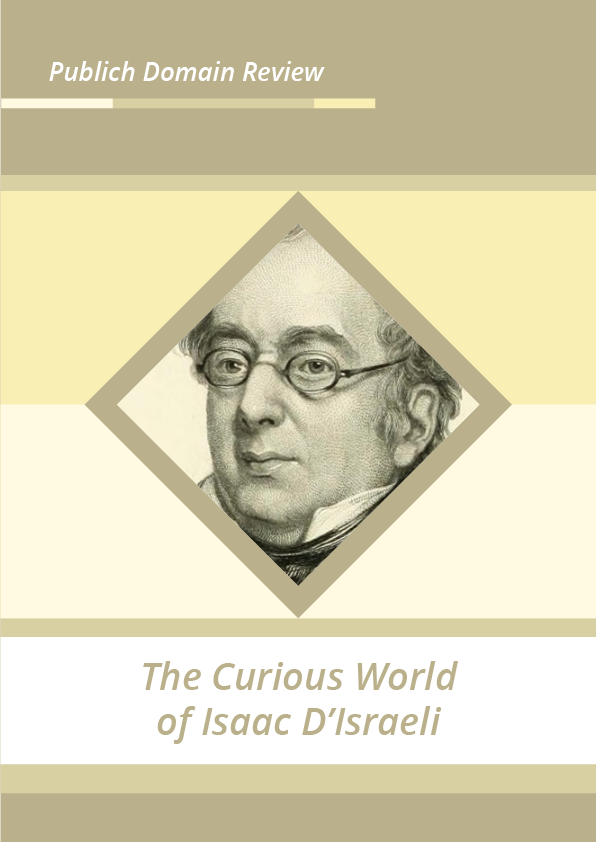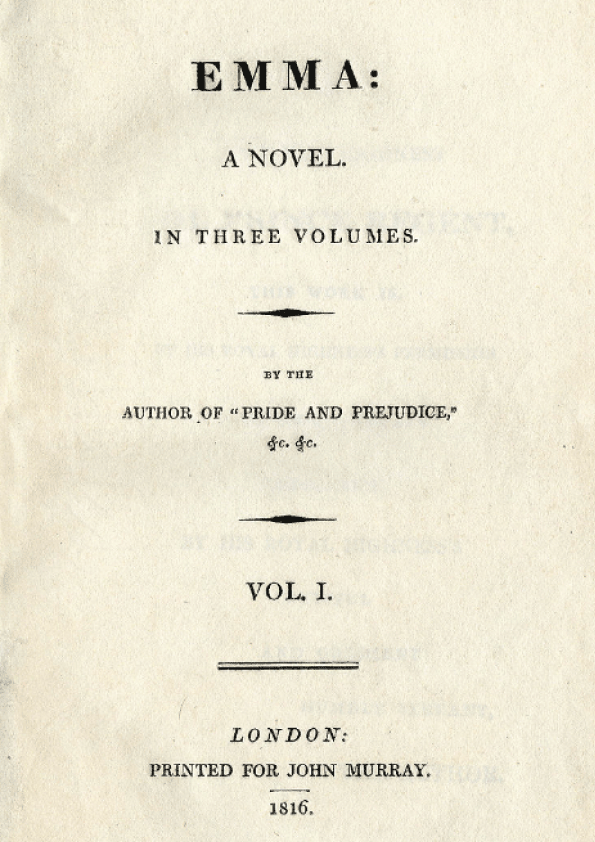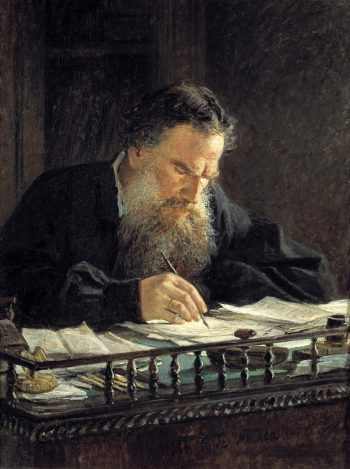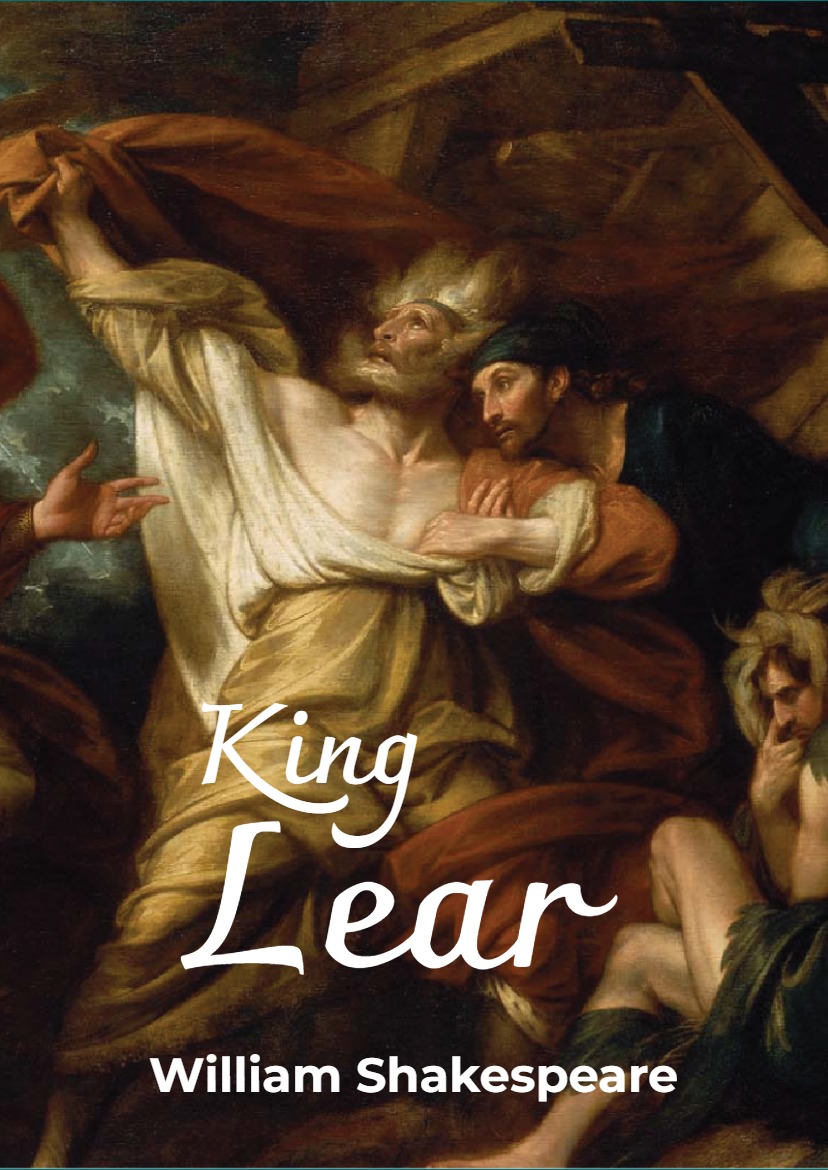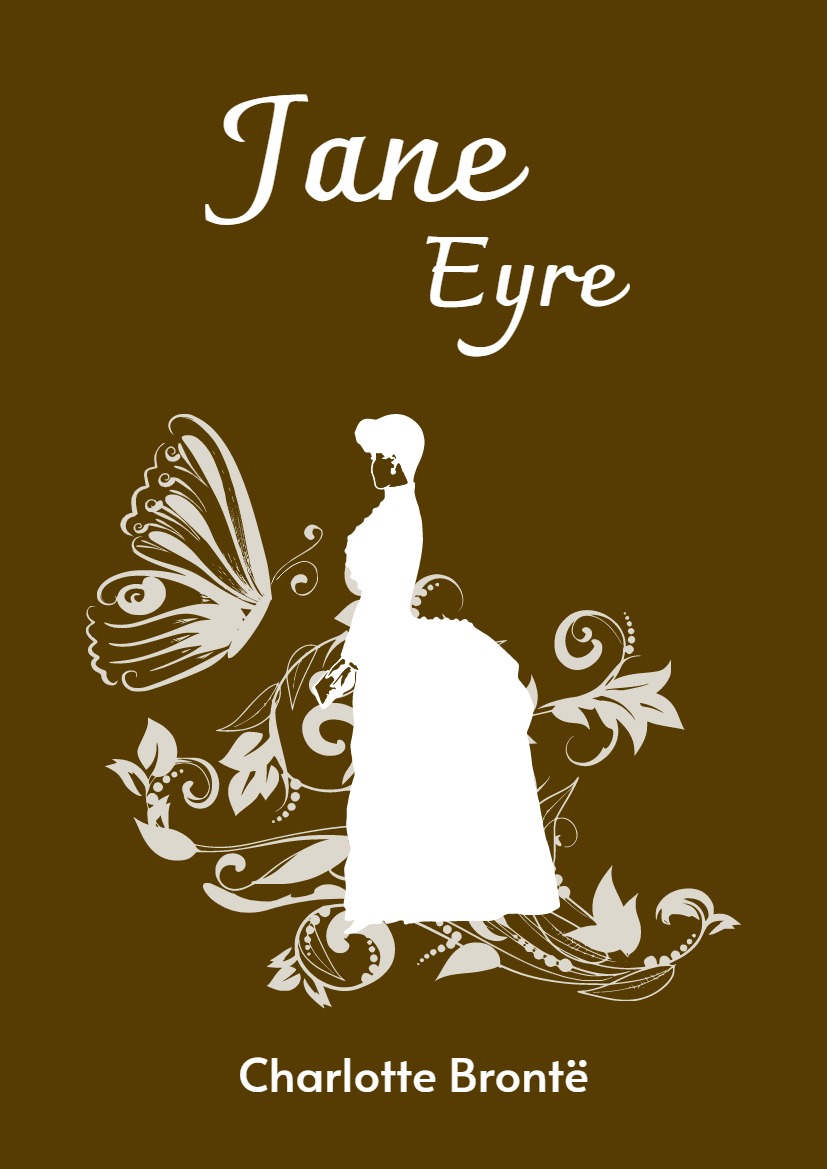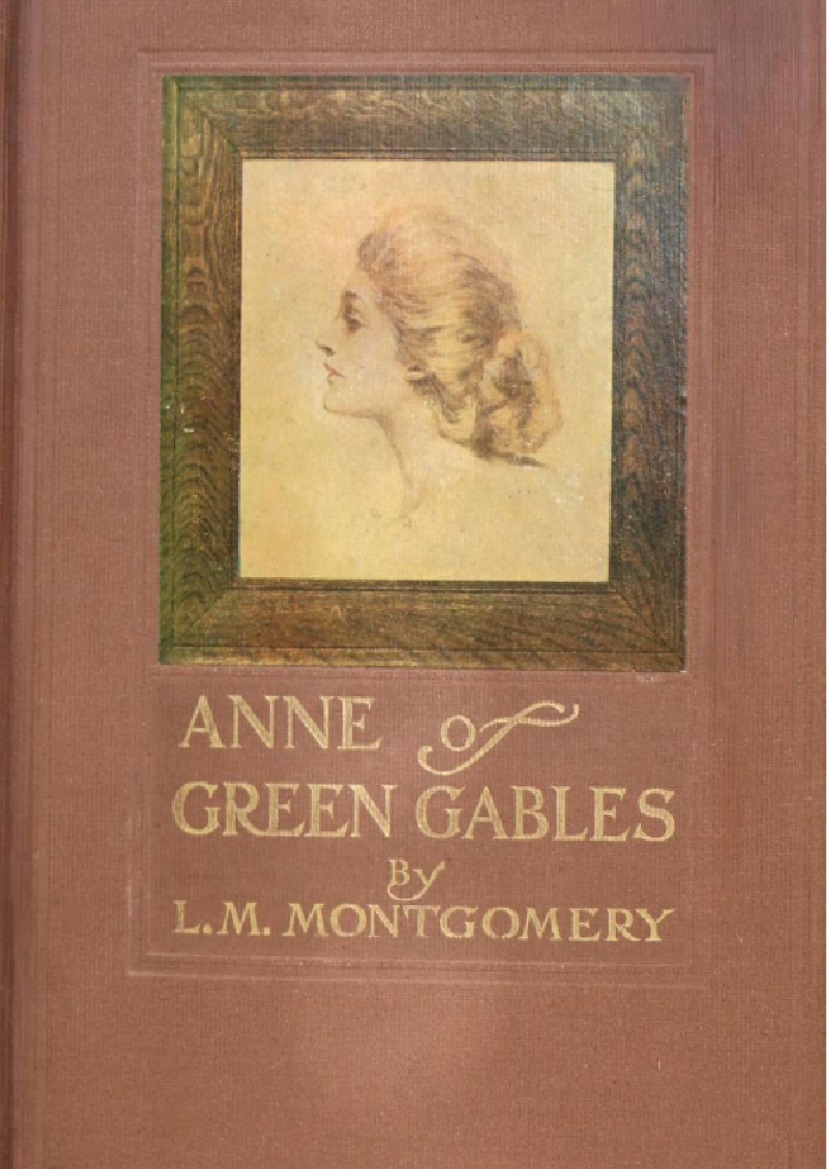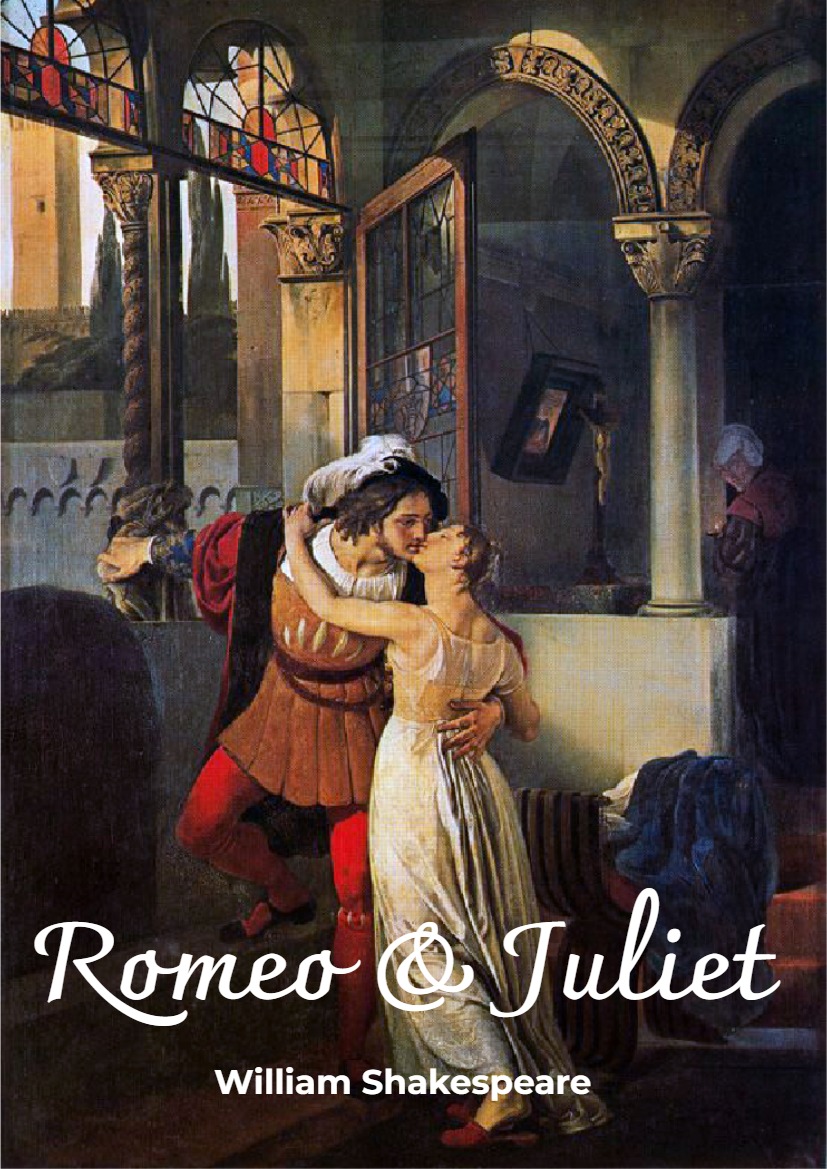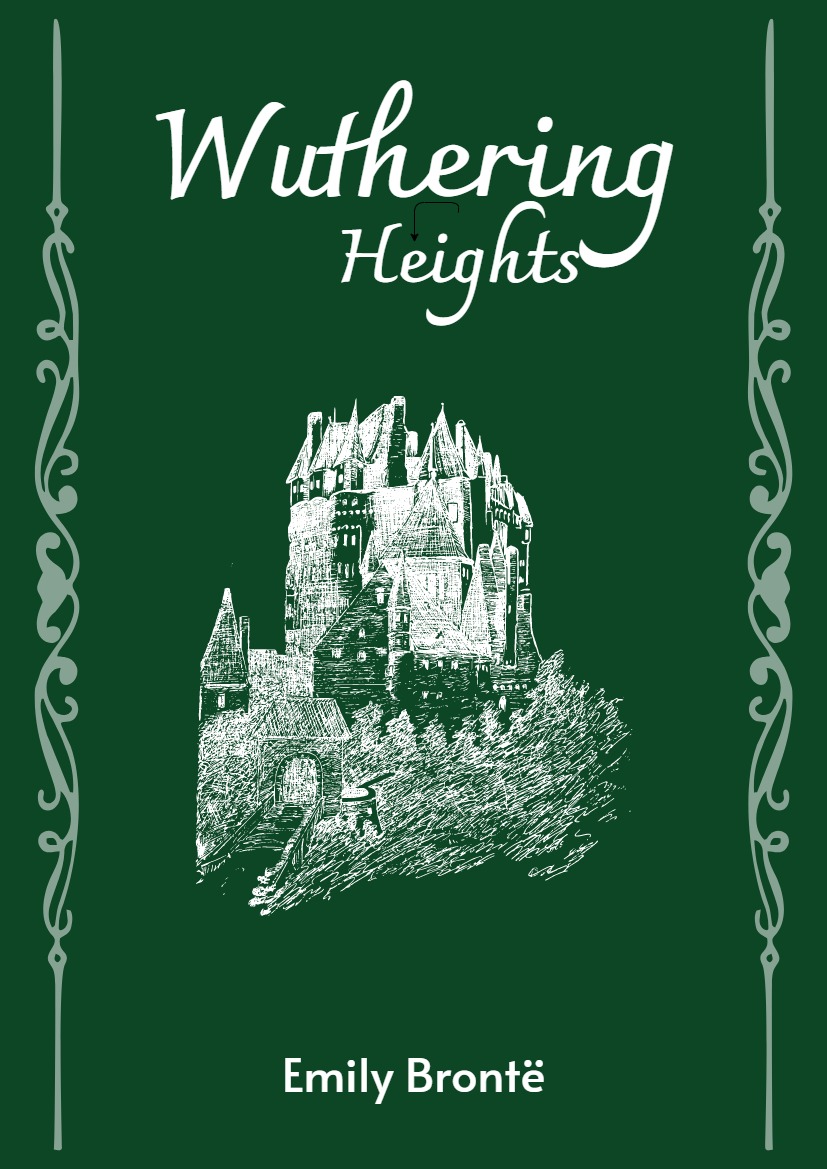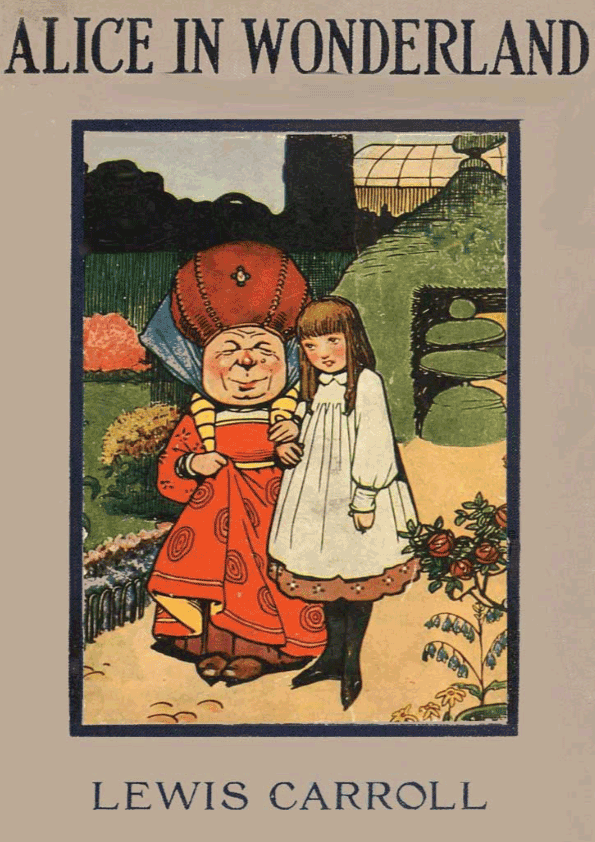Marvin Spevack introduces the Curiosities of Literature, the epic cornucopia of essays on all things literary by Isaac D’Israeli: a scholar, man of letters and father of British Prime Minister Benjamin Disraeli.
What may be most curious about Isaac D’Israeli’s Curiosities of Literature is the title itself. For D’Israeli curiosity was a blend of the original denotation, “investigation … characterized by special care,” and that of his own day, “inquisitive, desirous of information,” as in his reference to the grammar in Johnson’s Dictionary as being “curiously illustrated by the notes and researches of modern editors” and his regarding his friend Francis Douce’s library as being “curious”. Suitably for D’Israeli, the man of letters, literature meant even more than just “literature generally, the humanities”; it meant knowledge in the widest sense, without formality and restriction.
A collection of essays, Curiosities of Literature – as the full title of the first edition of 1791 makes explicit, Consisting of Anecdotes, Characters, Sketches, and Observations, Literary, Critical, and Historical – has been rightly called “that library in miniature”. It is a library which evolved through a vigorously evolutionary process – a veritable sea change of selection, addition, omission, and revision – its fourteenth and last edition in 1849, a year after D’Israeli’s death, consisting of 276 essays (the version in the first three volumes of the six-volume standard edition of his works edited by his son Benjamin in 1881). That number may appear stable when measured against the 279 of the first edition, but it is by no means indicative of the flexibility of the process or the nature of the topics. Both are strikingly evident in the titles of some of the fifty essays from the “Literature and Criticism” section of the first edition which were excluded from later editions: “Tartarian Libraries,” “The Turks,” “The Law and the Prophets,” “Republic of Letters,” “Esdras,” “Aristotle,” “Gregory the Seventh,” “Fair-Sex having no Souls,” “Physicians write little on Professional Subjects,” “Guy Patin,” “Adam not the first Man,” “Saints carrying their Heads in their Hands,” “On the Adjective Pretty.” Among the twenty-seven “Historical Anecdotes” which dropped by the wayside are “Marriage Dispensations,” “English Ladies,” “Spanish Monks,” “The Virgin Mary,” “Protestants,” “Coffee,” Transubstantiation,” “America,” “Enchanted Tapestry,” “Great and Little Turk,” “The Body of Caesar.”
In a preface dated March 1839 D’Israeli described his ever-evolving work as a “voluminous miscellany, composed at various periods … a circuit of multifarious knowledge [which] could not be traced were we to measure and count each step by some clinical pedometer.” It would, however, be a misjudgment to regard the miscellany as a jungle of whimsical impressions or fanciful thoughts. Rather, it is a man-made woodland landscaped, cultivated, and manicured by an urban if not urbane gentleman. D’Israeli derived most of his knowledge from books – the first essay is on “Libraries” – for he himself was unabashedly bookish and bibliophilic. But in the range and variety of its topics D’Israeli’s curious world was not hermetically sealed off from the world outside the library, else it would never have had so widespread a popularity over so long a period.
If Curiosities of Literature did not directly reflect contemporary social, political, and literary matters, or rely on current gossip or scandal, it did in any case deal with them as recognizable features and phenomena of human existence in recurring clusters unrestricted by time or place. As might be expected, the most prominent is that of literary personalities, productions, and attendant concerns. Of the numerous authors who are subjects of individual essays, although they are drawn from Roman times to the eighteenth century, none are contemporaries of D’Israeli and no particular genre is dominant. English authors receive their due share: Milton, Pope, Dr. Johnson, Ben Jonson, Shenstone, Prior, Spenser, Shakespeare, Butler, Richardson. But continental authors may receive even more individual attention. The French are well represented by Saint-Evremond, La Rochefoucault, Bayle, Scarron, Madeleine and Georges Scudéry, Corneille, among others; the Italians by Vida, Ariosto, Tasso, Dante, Politian. In addition, there are essays dealing with Martial, Cervantes, Aristotle, Plato, and Cicero. As may be inferred from these names and others, D’Israeli gives relatively much attention to what might be called marginal literary figures, many of whom are lesser known humanists, scholars, bibliophiles, bibliographers, antiquaries, men of letters, editors, or philosophers, such as Grotius, Magliabechi, Anthony à Wood, Marolles, Annius of Viterbo, Bodley, Camden, Costar, Fabroni, Hearne, Leland, Naudé, Bentley, Lenglet du Fresnoy, George Steevens, and Oldys.
